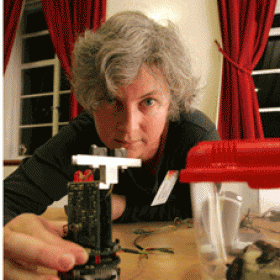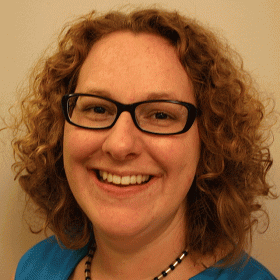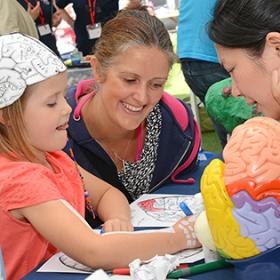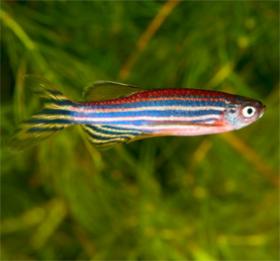Latest news

Professor Timothy Aitman (Centre for Genomics & Experimental Medicine) has published a study in Cell Reports that identifies the epigenetic mechanisms involved in the generation of repair Schwann cells after nerve injury.

Congratulations to Dr Emily Sena, CAMARADES group, Centre for Clinical Brain Sciences on being appointed first Editor-in-Chief at BMJ Open Data. This new journal is dedicated to applying open science principles to preclinical and basic research, with open access, open peer review, and has an open data policy.
The journal Nature has published an Editorial focussing on a study led by Professor Malcolm Macleod (CAMARADES group, Centre for Clinical Brain Sciences) which analysed papers published in Nature journals and looked at completeness of reporting following the implementation of checklists for authors.
Dr Carole Torsney (Centre for Discovery Brain Sciences), Dr Lesley Colvin (Critical Care and Pain Medicine) and colleagues at the Univeristy of Aberdeen have published a study indicating that melatonin (often used to treat jet lag) may help reduce the neuropathic pain that is experienced by almost 70% of patients undergoing chemotherapy treatment for cancer.
Professor Seth Grant (Centre for Clinical Brain Sciences) and colleagues have published findings suggesting the existence of a genetic programme that controls the way our brain changes throughout life.

Dr Sue Fletcher-Watson (Centre for Clinical Brain Sciences), along with colleagues at the University of Oslo, has recently published an article in Psychiatry Research dissecting portrayals of autism on film and TV. They found that representations of autism on screen align unrealistically-perfectly with the diagnostic criteria, making portrayals of autism archetypal, but not representative. This may be contributing to narrow stereotypes about autism, which in turn is expected to impact on the day to day experiences of people on the autism spectrum.

Sue Fletcher-Watson (Centre for Clinical Brain Sciences & the Patrick Wild Centre) has recently launched a new Scottish charity, called SuperTroop. They will be providing residential holidays for children and young people with learning disabilities.

Edinburgh Neuroscience teamed up with The Roslin Institute and other members of Edinburgh Medical School to deliver a one day Human Body drop-in activity at the BBC Festivals venue at George Heriot’s School last week.

Dr Thomas Becker and colleagues in the Centre for Neuroregeneration have used the regenerative capacity of zebrafish to uncover key mechanisms in the regrowth of spinal cord neurones following damage.They found that collagen 12 is produced by fibroblasts and this changes the structure of the support matrix which surrounds the nerve fibres, enabling regrowth across the wound site.

